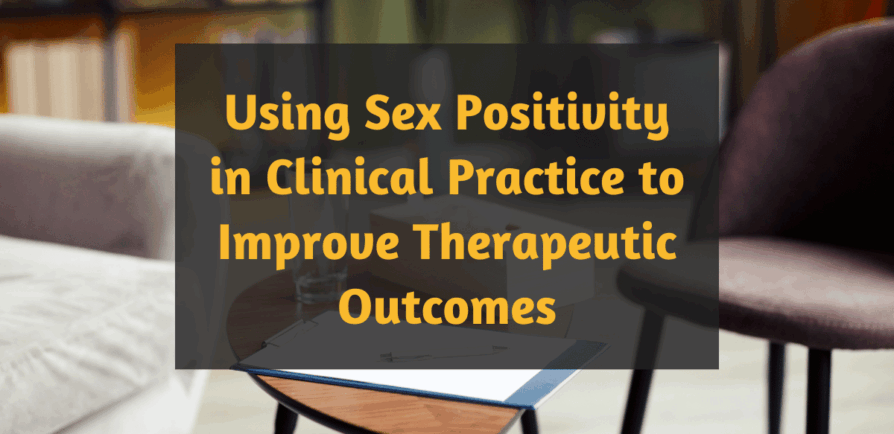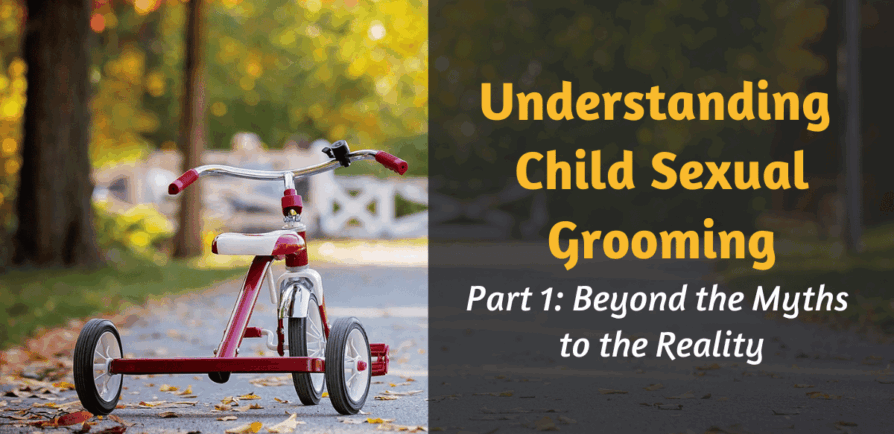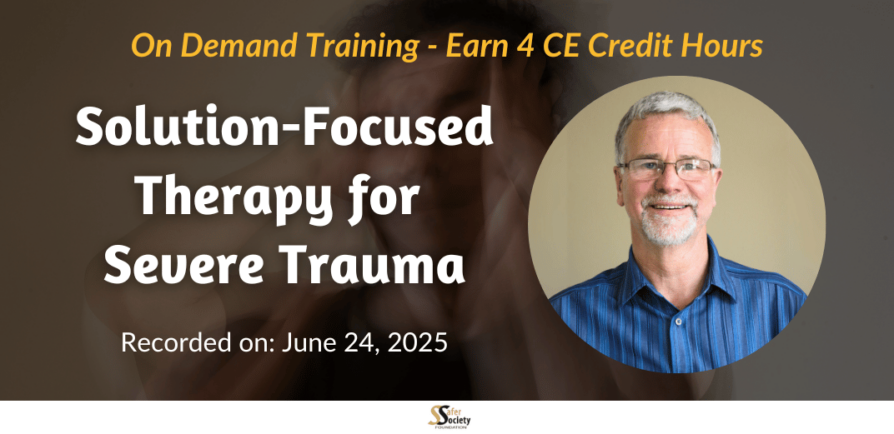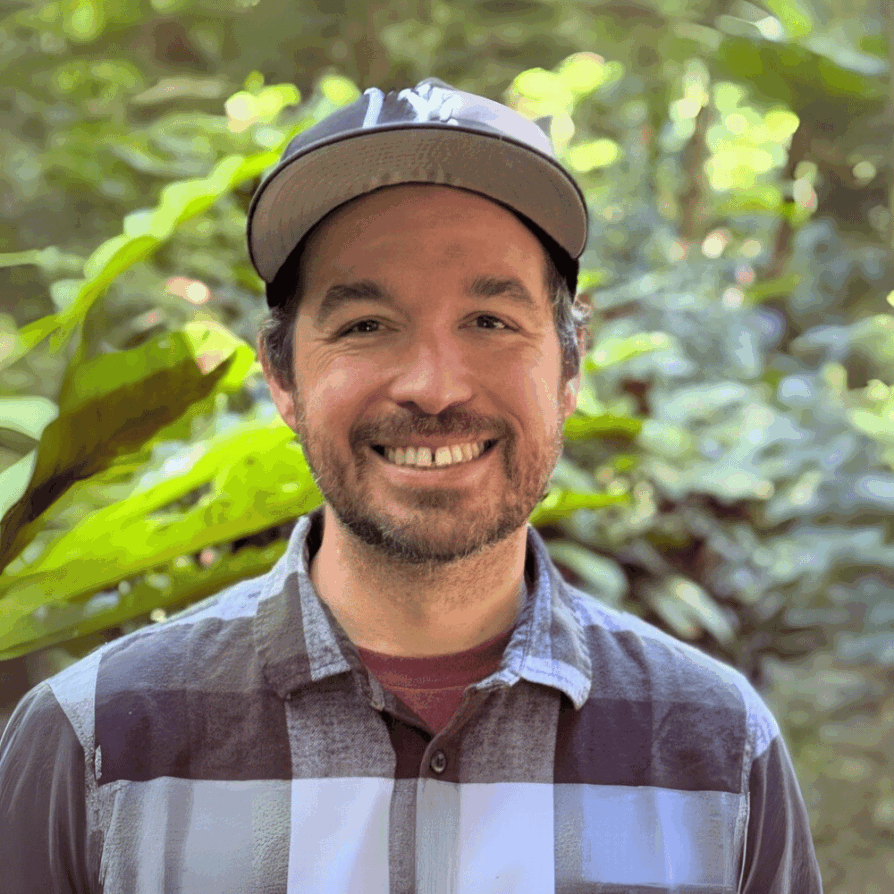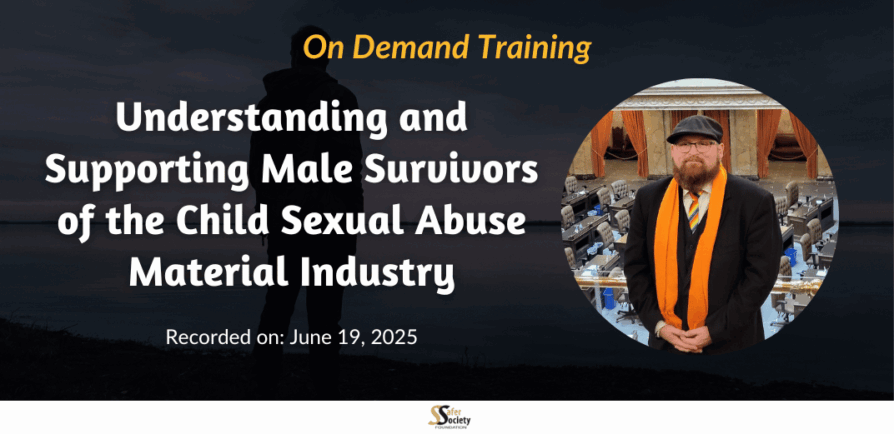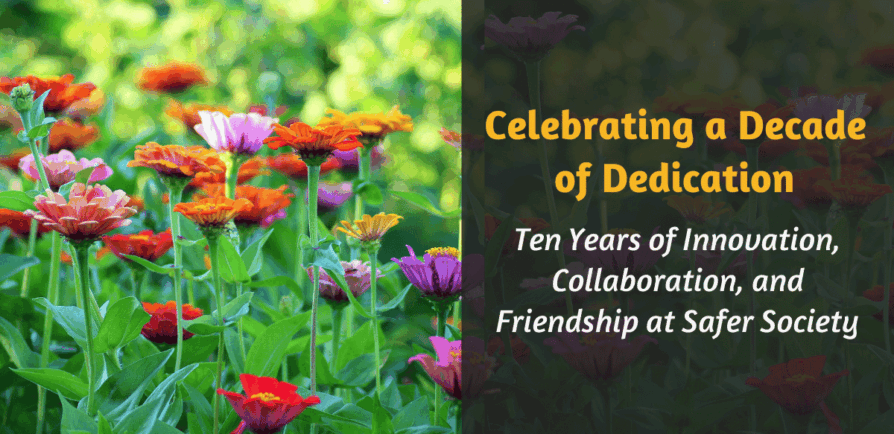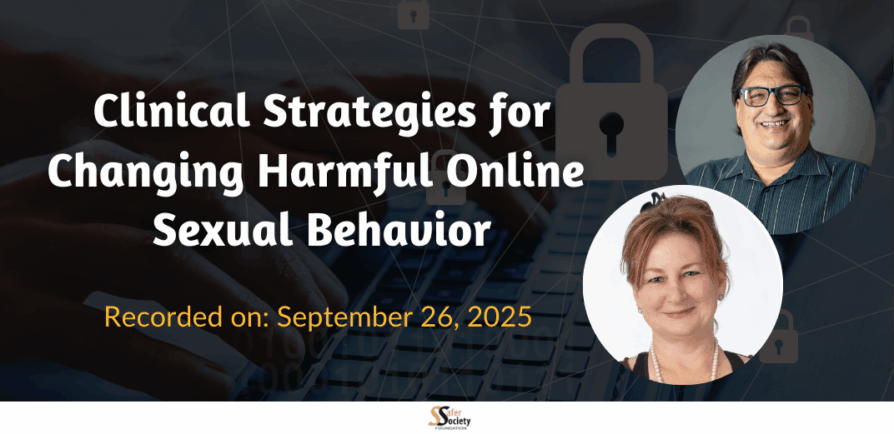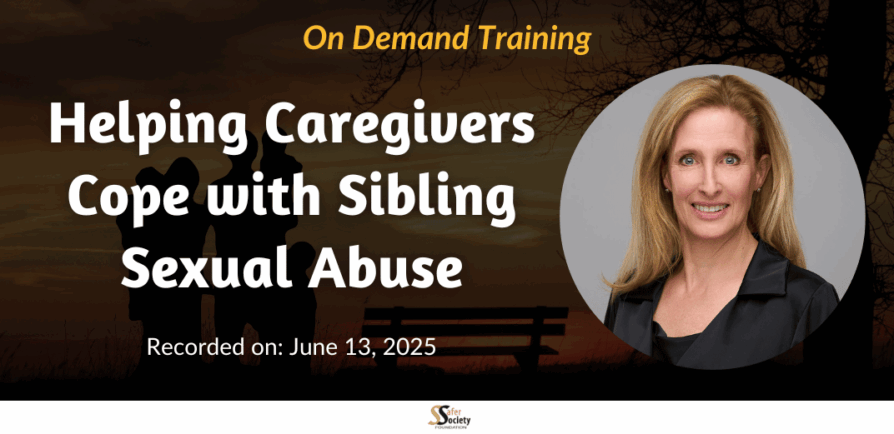For decades, the treatment of people who have sexually offended operated from a predominantly risk-focused perspective. That is, telling clients what they should not do sexually, rather than helping clients use approach goals to develop healthy outlets for their natural human sexual needs. While risk management remains important, clinical experience suggests that adopting a sex-positive approach can enhance clients’ therapeutic outcomes and support their long-term rehabilitation.
Understanding Child Sexual Grooming – Part 1: Beyond the Myths to the Reality
Misinformation surrounding the term “grooming” is widespread, and the term is often weaponized in public discourse, where it is suggested that children can be “groomed” quite quickly by even brief exposure to certain books, individuals, or media. In this first of three blog posts, we’ll take a look at what grooming really is, examine some ways it is carried out, and consider ways it can be prevented.
The misuse of the term not only distorts the true meaning of the act, but it also creates confusion and fear that can hinder real prevention efforts. This is why it is crucial to clarify what the term truly means and, just as importantly, what it does not mean.
A Toast to Sarah Haskell on Her 10th Anniversary!
If you’ve ever placed an order with Safer Society or called our office, you’ve likely felt Sarah’s influence. If you’ve attended any of our webinars, …
Clinical Strategies for Changing Harmful Online Sexual Behavior
People who view child sexual abuse material (CSAM) enter treatment with distinct clinical challenges, including intense shame, secrecy, and ambivalence about their actions. In this webinar, David Delmonico and Elizabeth Griffin introduce a structured, therapeutic approach to addressing these behaviors with clarity, compassion, and accountability. They further discuss its application in their newly released Illegal Images workbook.
